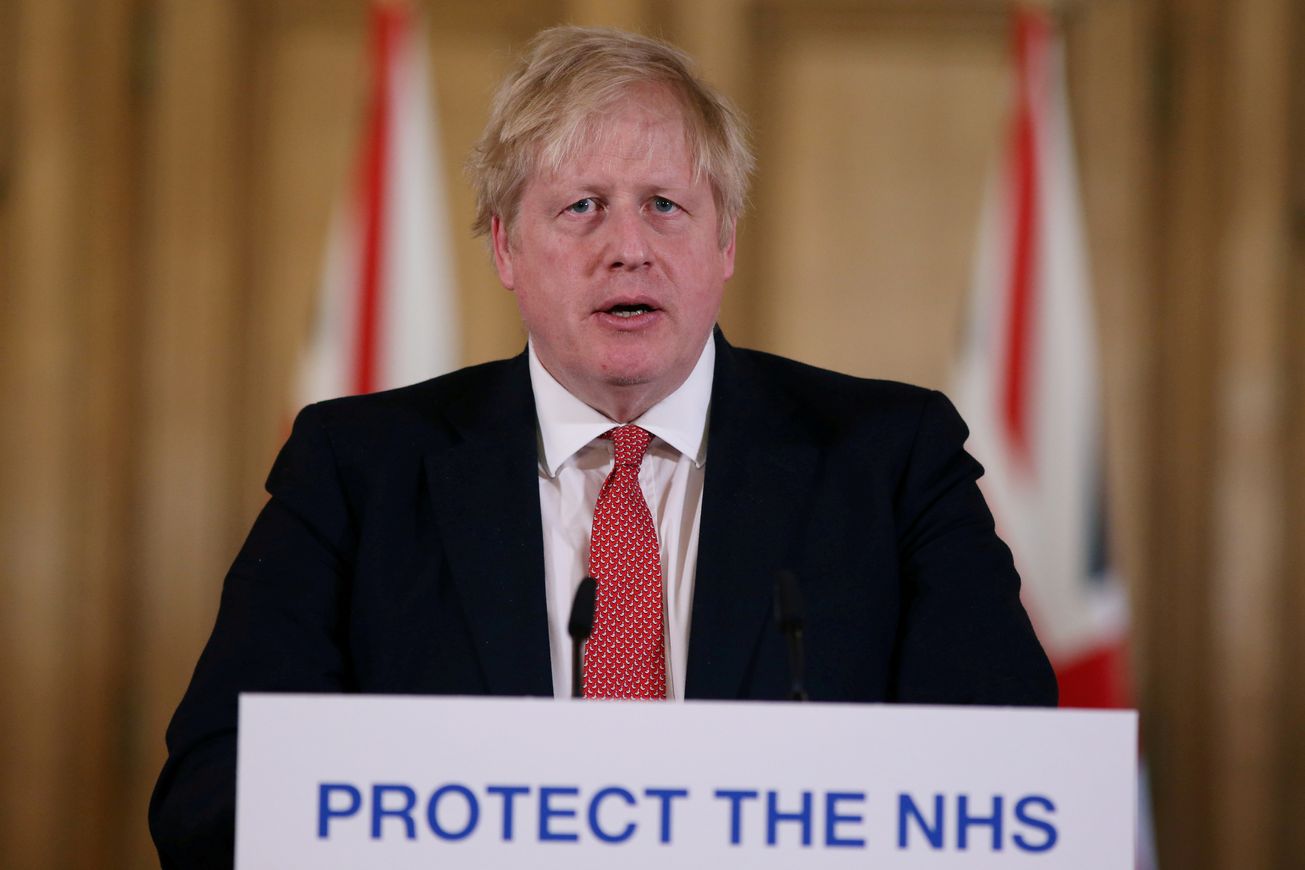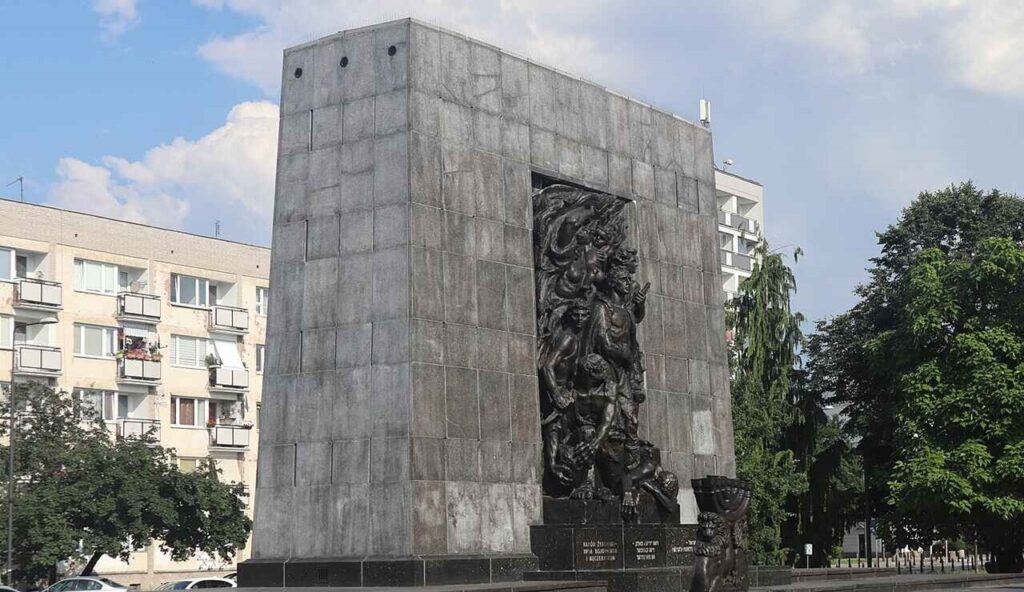
Interventionist vs Free Market: Which Brand of Economic Policy Will the UK Adhere to Post-Coronavirus?
British economic policy since the 1940s has largely been an ideological battle between two schools of thought. One embraces the interventionist ideas of John Maynard Keynes. The other follows the ideas of free market thinkers such Milton Friedman and Friedrich Hayek.
But as the financial pressures of the coronavirus hit, a famous 1971 Richard Nixon quote springs to mind. Declaring that in times of financial or economic crises, even those who traditionally favour free-market approaches reluctantly adopt more interventionist policies, he said: “We’re all Keynesians now.”
And indeed, the UK government has provided a £30 billion stimulus package to help mitigate the financial fallout, followed by £330 billion in guaranteed loans to businesses.
Previous crises have ushered in new ways of thinking about the macro-economy or economic paradigms. The second world war enabled the Labour Party to change the prevailing economic paradigm of the age. The terrible legacy of the conflict was the inspiration for what we now call the “welfare state”.
However, other crises have not induced such dramatic changes. In 2008, at the height of the financial crisis, then Labour Chancellor Alistair Darling said he had taken Northern Rock into a period of “temporary public ownership”, after failing to find a private buyer for the bank. The message here was clear; Darling’s refusal to use the term “nationalisation” demonstrated that the expansion of the state was linked to the crisis – rather than an ideological shift. In addition key figures (former banker, Fred Goodwin, for example) were singled out and blamed for the crisis, rather than structural problems or the economic model. Such narratives allowed for a post-crisis transition back to New Labour’s economic programme.
‘There is no alternative’
Although the 2008 crash was initially met with a Keynesian response by the government of Gordon Brown, economic policy took a new direction following the election of the Conservative and Liberal Democrat coalition government in 2010. David Cameron argued that the cause of the crisis was profligate spending by the Labour government and proposed a range of austerity measures to reduce the UK government’s budget deficit.
In doing so, Cameron drew upon the logic of no alternative. Other possible approaches, such as defining the crisis as one of growth, were ignored. He presented the decisions to reduce public spending as being borne out of necessity. In a speech in 2013, Cameron stated: “If there was another way I would take it. But there is no alternative.”
Such policies became the norm within Britain and were supported by Conservative governments following the 2015 and 2017 general elections. However, it is important to note that despite rhetorical strategies relating to the end of austerity, this was not borne out in policies, and it remains unclear the extent to which the debt crisis (as it became known) has been resolved.
Now, confronting the economic chaos, the government is using the language of “doing whatever is necessary” again. The suggestion is that the spending is not political, it’s simply the only thing to be done. It’s a return to Cameron’s “there is no alternative”, though prioritising different outcomes.
At some point after the crisis (whenever that may be) such decisions will become contested. With that in mind, note that most of the support measures announced so far are time limited. For example, support for self-employed and causal workers is fully focused on mitigating the effects of not being able to work due to COVID-19. There have been no moves towards permanently readdressing the low pay or inequalities these people routinely experience.
Such short-term changes will be easier to revoke once the crisis is seen to be resolved. It’s also very noticeable that there has been no discussion of pay increases for NHS staff.
Is this really something new?
Once the pandemic is seen to be resolved, two possible scenarios could play out. The government could accept that the crisis has ushered in a new (different) economic paradigm – one that gives a greater role to the state. Here, Prime Minister Boris Johnson could use the crisis as a turning point, reject the orthodoxy of austerity and present his government as being comfortable with annual budget deficits.
Politically, such a move could be tempting; it could play into the new electoral coalition Johnson managed to build in the 2019 general election. His new voters in broadly working class seats typically have a greater reliance on the state for financial support than more traditional Conservative voters. An expanded state could also be used to mitigate any economic shocks associated with Britain’s departure from the EU.
Alternatively the government may present/accept the narrative that this was a rare event – a disruption from norms. It may simply end or reverse the economic provisions established during the crisis. This would be more in line with previous promises and traditional conservative ideology on the size of the state.
The Conservatives have long prioritised a low-tax, low-spending state and viewed reductions in income tax as the best means to incentivise work and increase individual wealth. The party’s 2019 election manifesto was no different, setting out ambitious promises not to raise income tax, national insurance or VAT.
Given that the Office for National Statistics predicted a growth rate of just 1.1% this year and the budget added an additional £14.6 billion of government borrowing (these figures do not take into account the impact of COVID-19, either domestically or internationally) it seems unlikely that such promises can be achieved without relying on increased borrowing.
Once the COVID-19 crisis subsides, political considerations will again come to the forefront. Many in the Conservative party – including cabinet ministers – supported austerity, such as real-term cuts to NHS and public sector pay. Against a prospective backdrop of even lower growth rates, there may be little political appetite to radically change direction now.![]()
Christopher Kirkland, Lecturer in Politics, York St John University
This article is republished from The Conversation under a Creative Commons license. Read the original article.
Image: Reuters


